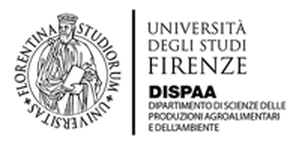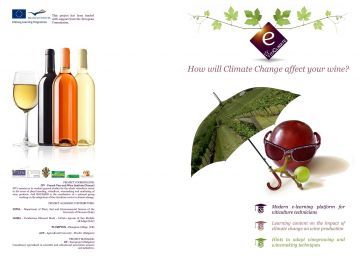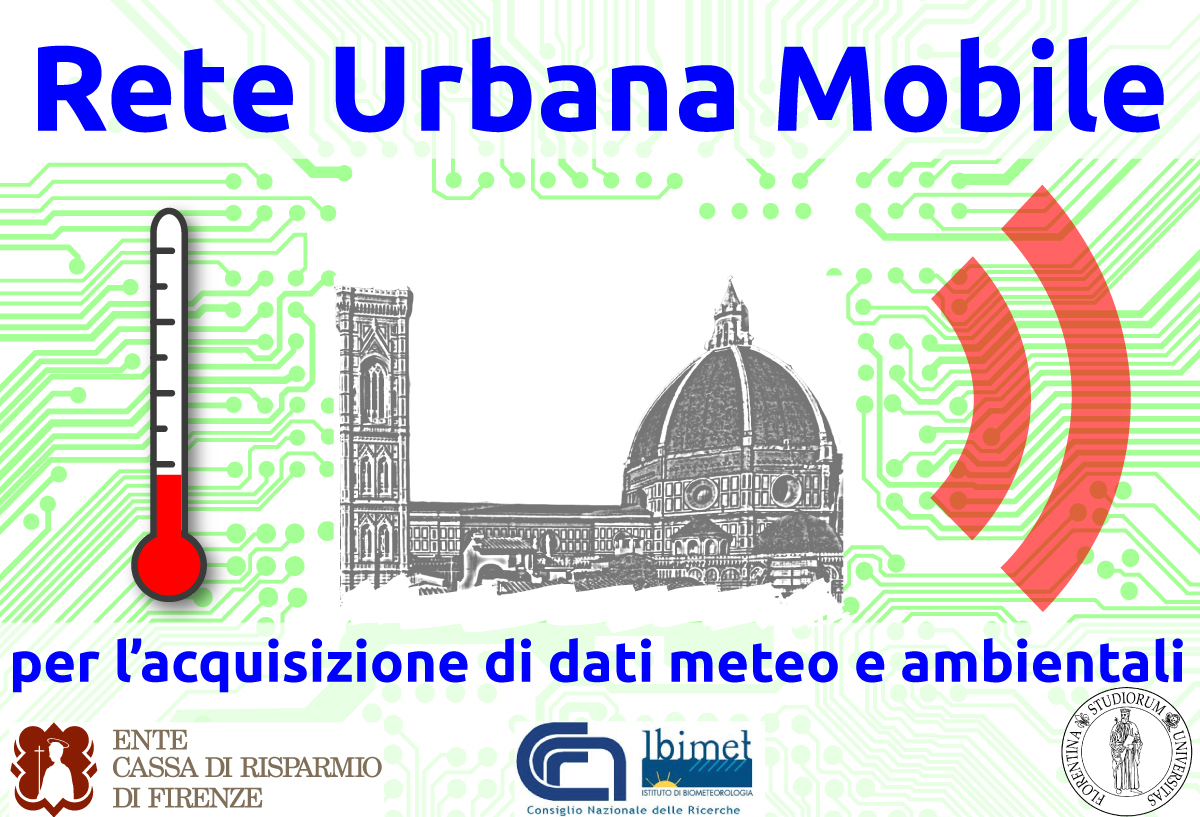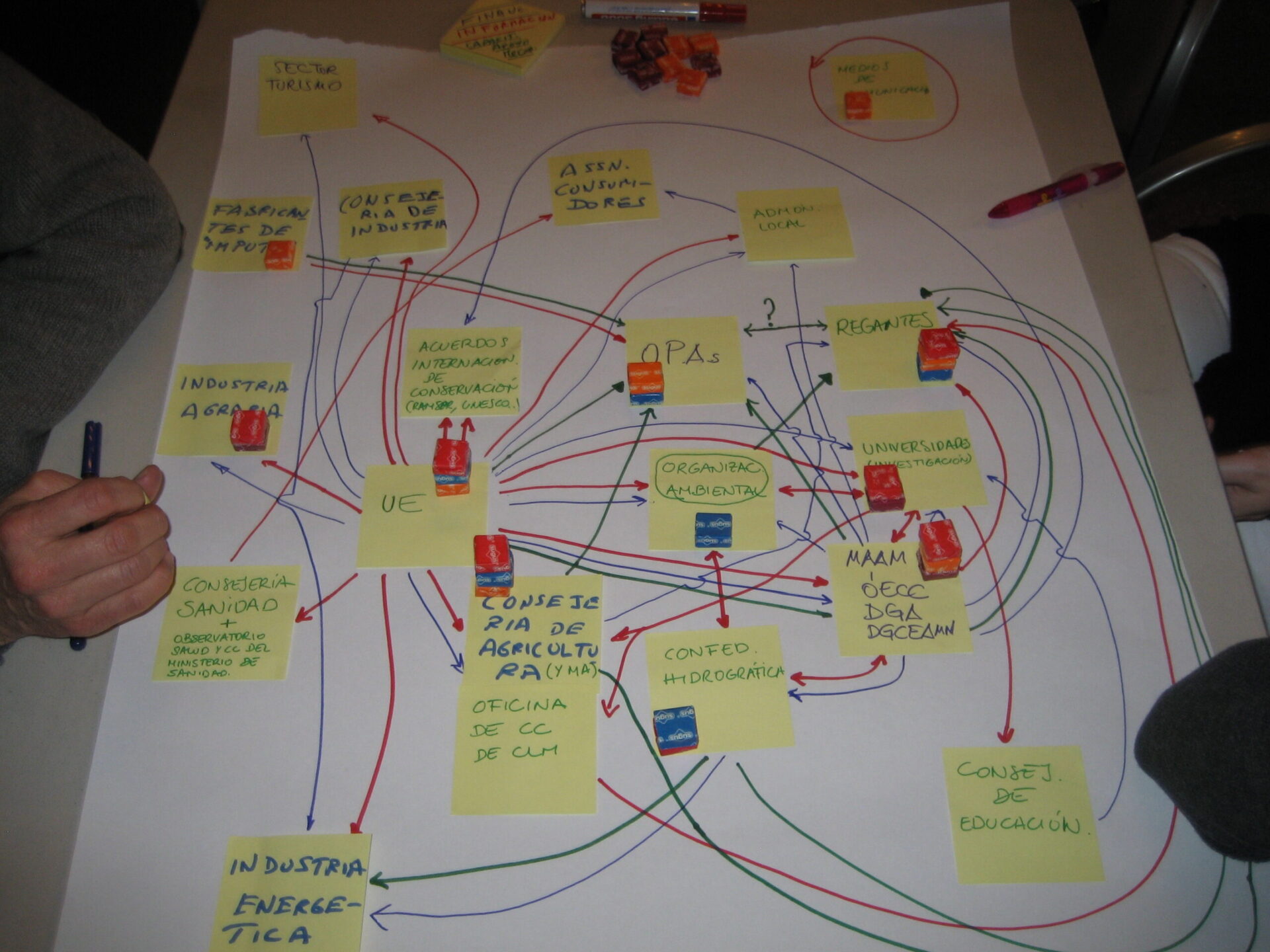UNIFI-DiPSA

The Department of Plant, Soil and Environmental Science of the University of Florence is organised around the broader topic of agro-forestry in temperate, tropical and subtropical environments, with three separate sectors: Soil and Land Management, Herbaceous production and Management, Ecophysiology and Agrometeorology. In the last decade, DIPSA activity focused on agronomic practices, crop management, environmental monitoring and ecophysiology.
DIPSA researchers and technical staff have a wide experience in projects funded by national and international institutions, and master the use of most innovative tools and approaches (e.g. Crop Models, Global and Regional Circulation Models, Weather Generators, Geographical Information Systems, etc…) to monitor, reproduce and predict the response of agro-systems to environmental factors (e.g. climate, soil, crop management, etc…).
DIPSA and E-VitiClimate
DIPSA will be in charge of adapting module 2 to the specificities of the Italian viticulture sector. DIPSA will validate the website and training modules, checking both the content understandability and the attractiveness of the educational methods. It will organise a pilot training with at least 10 participating technicians and will be the online tutor for its Italian trainees.
For the interactive platform and module 2 for Italy, DIPSA will perform simulations of grapevine phenology and yield and will produce maps on regional scale for present and future scenarios showing the response of crops to projected climate changes. The effectiveness of different adaptation options, including shorter or longer cycle cultivars and irrigation, in alleviating the expected adverse impacts, or in exploiting possible positive advantages of climatic change, will be tested. DISPA will be the leader of the work package 4 (WP4 – Validation and Pilot trainings).









